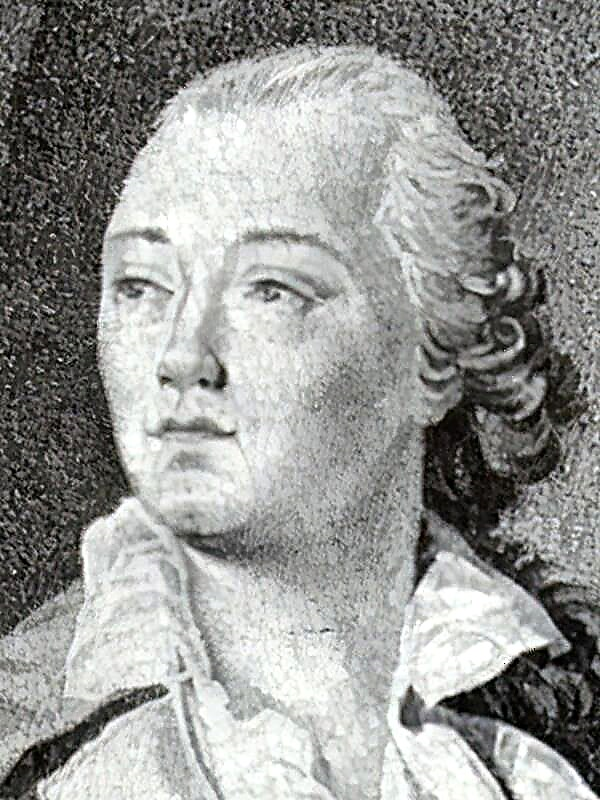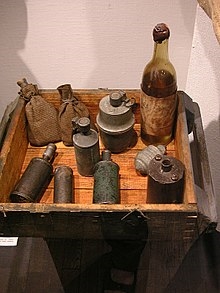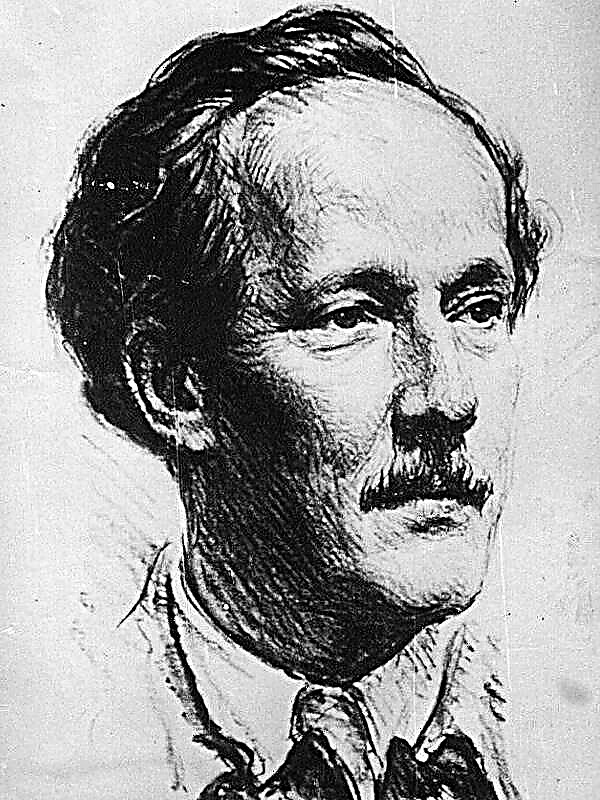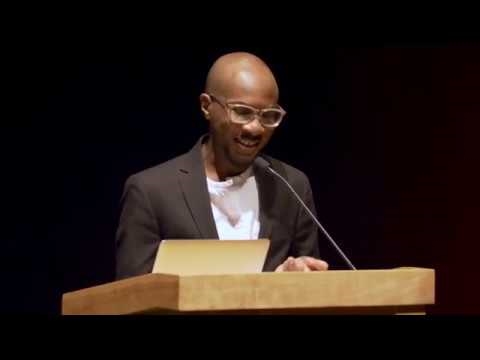The novel takes place in Haiti in the early years of the reign of dictator Francois Duvalier. The protagonist of the novel, Mr. Brown, on behalf of whom the story is being narrated, returns to Port-au-Prince from a trip to the USA, where he tried to find a buyer for his hotel called Trianon: after Duvalier came to power with his tontonmakuts (secret police) Haiti completely ceased to attract tourists, so the hotel now brings continuous losses. However, in Haiti, the hero is attracted not only by property: Marta, his mistress, wife of the ambassador of one of the Latin American countries, is waiting there.
Mr. Smith, a former US presidential candidate, and Mr. Jones, calling himself a major, are sailing on the same ship with Brown. Mr. Smith and his wife are vegetarians about to open a vegetarian center in Haiti. Mr. Jones is a suspicious person: during the voyage, the captain receives a request from the shipping company. The hero, whom the captain asks to look closely at Jones, takes him for a card cheat.
Arriving at his hotel, the hero finds out that Dr. Filipo, the Minister of Social Welfare, came here four days ago. Feeling that they wanted to remove him, he decided to avoid torture and commit suicide by choosing the Trianon pool for this. Just at the moment when Brown discovers the corpse, guests are at the hotel - Mr. and Mrs. Smith. The hero is worried that they might not notice something, but they, fortunately, go to bed. Then he sends for Dr. Maggio, his faithful friend and adviser.
In anticipation of the doctor, the hero recalls his life. He was born in 1906 in Monte Carlo. The father escaped before his birth, and the mother, obviously a Frenchwoman, left Monte Carlo in 1918, leaving her son in the care of the Jesuit fathers at the College of Apparitions of the Ever-Virgin. The hero was told about the career of a clergyman, but the dean became aware that he was playing in a casino, and he had to let the young man go to London to a fictional uncle, whose letter Brown was easy to concoct on a typewriter. After that, the hero wandered for a long time: he worked as a waiter, a consultant to a publishing house, and an editor of propaganda literature sent to Vichy during the Second World War. For some time, he sold to the profane paintings painted by a young studio artist, passing them off as masterpieces of modern painting, which over time will skyrocket in price. Just at the moment when one Sunday newspaper became interested in the source of his exhibits, he received a postcard from his mother, who invited him to her in Port-au-Prince.
Arriving in Haiti, the hero found his mother in serious condition after a heart attack. As a result of some dubious transaction, she became the owner of the hotel - on shares with Dr. Maggio and her lover, the black man Marcel. The day after the hero arrived, his mother died in the arms of her lover, and the hero, having bought for a small amount from Marcel his share, became the sovereign owner of the Trianon. Three years later, he managed to put the matter on a grand scale, and the hotel began to bring good income. Soon after his arrival, Brown decided to try his luck at the casino, where he met Martha, who for many years became his mistress.
... The suicide of Dr. Filipo can seriously damage the hero: in addition to the question of political trustworthiness, the question of murder will certainly arise. Together with Dr. Maggio, the hero drags a corpse into the garden of one of the abandoned houses.
The next morning, a local reporter, Little Pierre, comes to the hero, who says that Mr. Jones was in prison. In an attempt to help out a fellow traveler, the hero goes to a British charge d'affaires, but he refuses to intervene. Then the hero, along with Mr. Smith, goes to the reception of the Minister of Foreign Affairs in the hope that he will put in a little word for Jones in front of the Minister of the Interior. The next day, the hero visits Jones in prison, where he writes a letter in his presence, and a day later he meets Jones in a brothel, where he has fun under the protection of the Tontonmakuts. The chief of the tauntons, Captain Kankasser, calls Jones an important guest, hinting that he offered the dictator some kind of profitable business man.
Meanwhile, Mr. Smith is fascinated by Haiti and does not want to believe in the violence and arbitrariness that is taking place here. Even the failed funeral of Dr. Filipo did not dissuade him, during which, before his eyes, the tontons took away the coffin with the body of her husband from the unfortunate widow, and did not let him be buried. True, a trip to the artificially created dead city of Duvaleville, for the construction of which several hundred people had to be driven from the ground, leaves Smith a painful feeling, but even after the new Minister of Social Welfare extorts a bribe from him for the creation of a vegetarian center, Mr. Smith is still continues to believe in success.
In the evening of the same day the British attorney visits the hero. When it comes to Jones, he hints that he was involved in a scam in Congo.
Later, the young Phillips, the nephew of the late doctor, comes to the hero. Once a symbolist poet, he now wants to create a rebel squad to fight the dictatorial regime. Hearing that Jones is a major with great experience in military operations, he turned to him for help, but was refused, as Jones conducts some business with the government and expects to break a solid jackpot.
After a couple of days, the hero takes his butler Joseph to a voodoo ceremony, and when he returns, captain Kankasser breaks in with his retinue. It turns out that on the eve of the rebels raided the police station, and Kankasser accuses the hero of complicity. Mrs. Smith saves from the reprisal of the hero.
The next day, the authorities conduct an act of intimidation: in retaliation for a raid at night in a cemetery in the light of Jupiters, prisoners of a city prison who have no relation to the raid should be shot. Upon learning of this, the Smiths make the final decision to leave. However, this decision is preceded by a conversation between Mr. Smith and the Minister of Social Welfare, who explained in detail to the American what fraud can be used to build a vegetarian center. Smith feels completely helpless to change anything in this country.
Later, the hero receives an offer from Jones to become a companion in his scam, but prudently refuses, and already at night, Jones, having suffered a complete fiasco, comes to the hero to ask for protection. They ask the captain of Medea to take Jones on board, but he promises to surrender Jones to the authorities immediately upon arrival in the United States. Jones refuses - obviously, there is some serious crime behind him, and the hero takes him to the embassy of the Latin American country, where the ambassador is Martha’s husband.
Soon, the hero begins to be jealous of his mistress for Jones: she is always in a hurry home, thinks and speaks only of a major ... Therefore, the hero immediately grabs the idea of Dr. Maggio to send the retired soldier as an instructor to Philips, who led a small partisan detachment in northern Haiti.
Jones gladly accepts this offer, and he and Brown hit the road. While they are waiting for a meeting with the rebels somewhere in the mountains at night in the cemetery, Jones tells the truth about himself. Due to platypodia, he was found unfit for military service and did not participate in hostilities in Burma, but worked "mainly for the spectacular service of military units." All the stories about his heroic past are just stories, and he is the same comedian as the others, each playing a different role. By the way, his deal with the authorities didn’t take place at all because Jones didn’t meet their conditions - just Captain Kankasser was able to find out that Jones is a con man.
The partisans are late for the meeting, and Brown can no longer wait. However, at the exit from the cemetery, Captain Kankasser and his men were already waiting for him. The hero is trying to explain that his car broke down and got stuck, but then he sees behind him Jones, who has no idea about the elementary rules of conspiracy. Nowhere to retreat ... Brown and Jones are rescued by the rebels who arrived in time.
Now the hero can not return to Port-au-Prince, and he, with the help of Filipo, illegally crosses the border of the Dominican Republic. There, in the capital, the city of Santo Domingo, he meets a couple of Smiths. Mr. Smith lends it money and helps him get a companion to their other Medea companion, Mr. Fernandez, who holds a funeral home in Santo Domingo. During a business trip, the hero again finds himself near the border with Haiti and meets Filipo's detachment disarmed by Dominican border guards there. The detachment was ambushed and was forced to cross the border to save it. Jones alone refused to leave Haiti and most likely died. During the memorial service for the dead, the hero meets Martha, who is passing through here - her husband was transferred to Aima. But this meeting does not awaken in him any feelings, as if their relationship was just an accidental product of the gloomy atmosphere of Port-au-Prince.

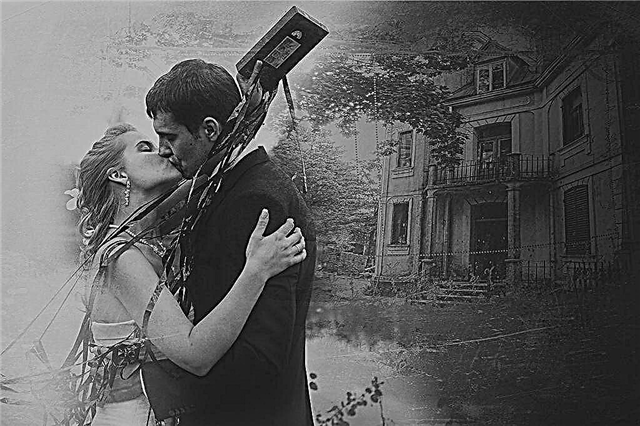
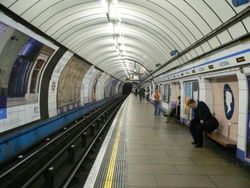
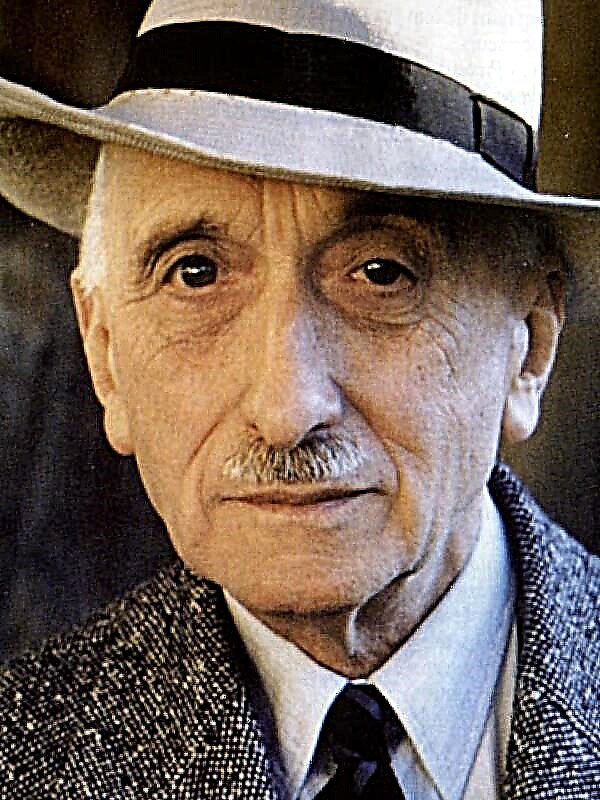
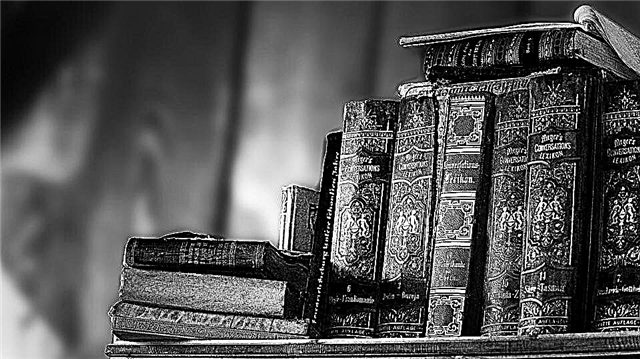
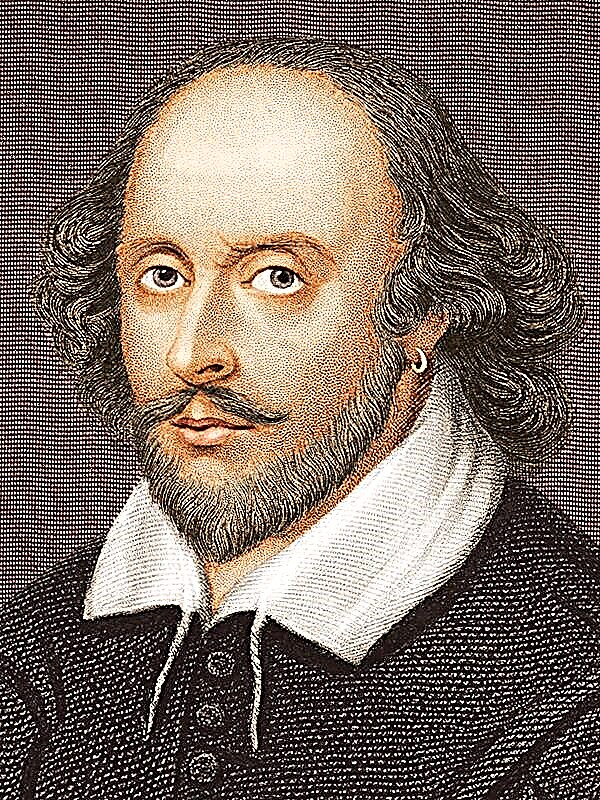 twelfth Night
twelfth Night
